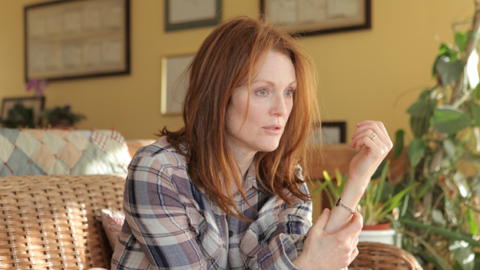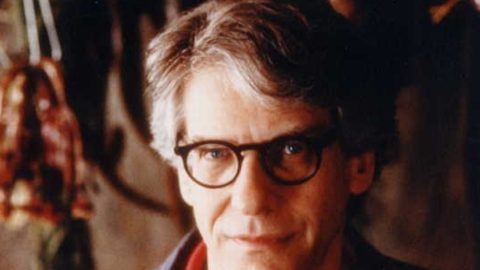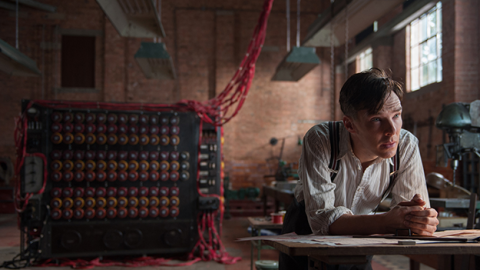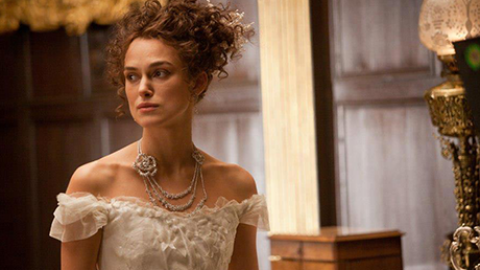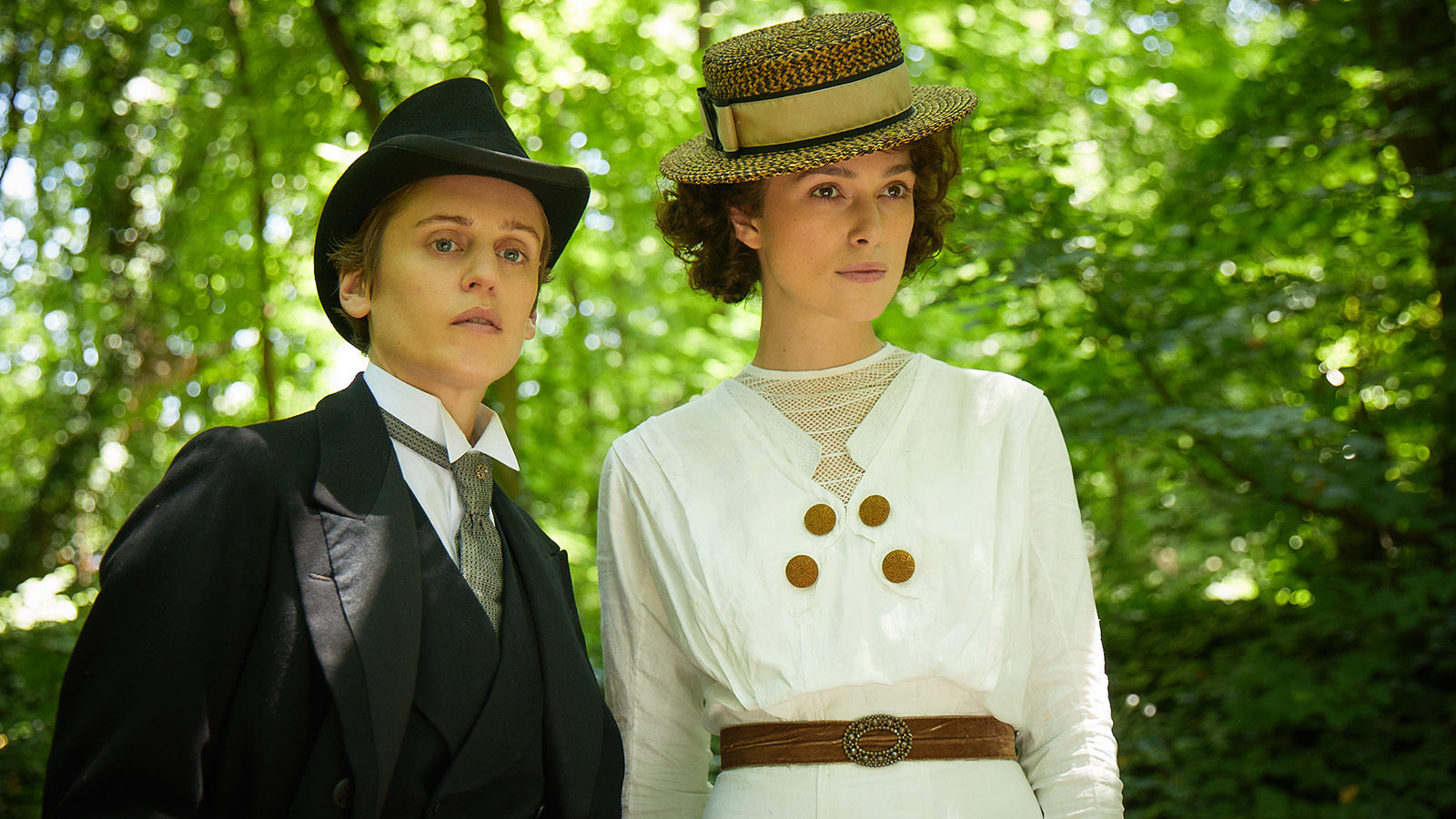
Short Take: Colette
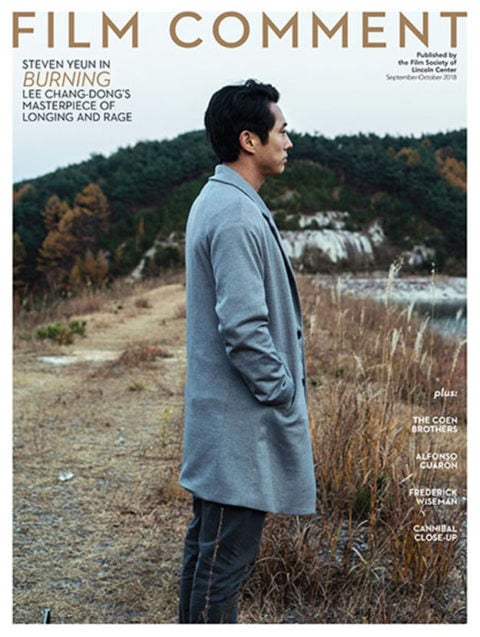
The following is an extended version of what appears in the September/October issue.
Colette is a not a film about a writer; it’s about a marriage, and as such it begins with courtship and ends in divorce. We follow Sidonie-Gabrielle Colette (Keira Knightly) from 1893, when she married Henry “Willy” Gauthier-Villars (Dominic West), to the 1910 publication of The Vagabond, the book about a self-reliant woman that marked Colette’s independence as a writer.
Westmoreland’s focus on married artists is poignant given that the film is dedicated to his late husband. Richard Glatzer, who (together with Westmoreland and Rebecca Lenkiewicz) co-wrote the screenplay, co-directed four films with Westmoreland over the course of a 20-year partnership: The Fluffer (2001), Quinceañera (2006), The Last of Robin Hood (2013), and Still Alice (2014). But artistic fecundity is where the similarities end, and where Colette and Willy’s union takes a patriarchal turn.
Her first major works, the sensational Claudine novels, were originally attributed to Willy, a literary entrepreneur with a workshop of ghostwriters and a surfeit of mistresses. He plays the film’s villain, but the historical Colette was less naïve and more conspiratorial, even as Willy took credit (and the copyright) for what was unquestionably her work.
Their lives together unfold in a fin-de-siècle pastiche: workers approximate Gustave Caillebotte’s The Floor Scrapers, the Eiffel Tower is built, Paris is electrified, and bicycles appear in the Bois du Boulogne. Famous photographs come alive in the film, such as the portrait of Colette and Polaire (Aiysha Hart), the actor who immortalized Claudine on stage, in matching schoolgirl collars and bobbed haircuts on Willy’s lap. The theatrical adaptation of Claudine in Paris provides the pivot to Colette’s own stage career, which the film abbreviates by animating publicity stills that show her bearing one breast on stage in La Chair, or in a Salomé-style jeweled corset from Reve d’Egypte.
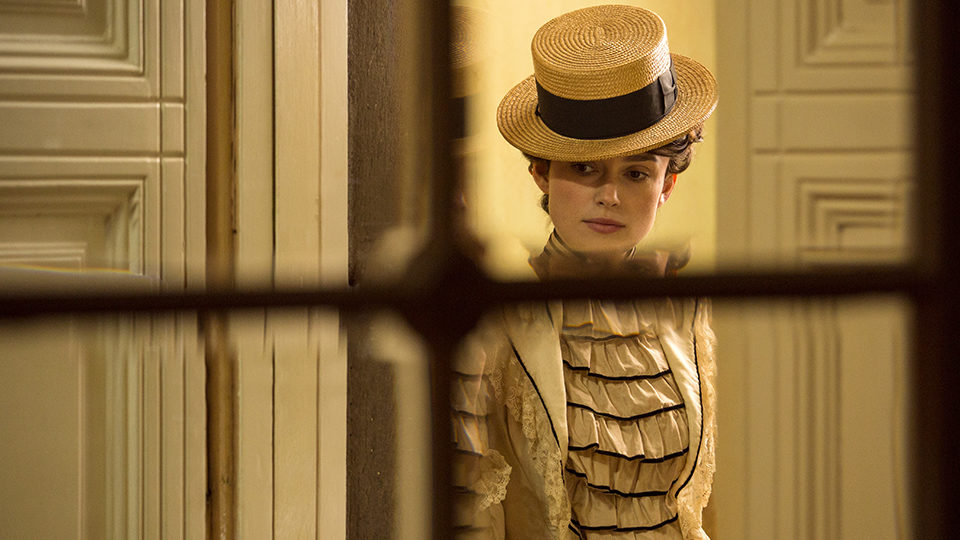
Photo: Robert Viglasky/Bleecker Street
Along the way, Colette and Willy take the same mistress, debutante Georgie Raoul-Duval (Eleanor Tomlinson), who lays her Louisiana origins on thick. Infidelity for Willy is a matter of gender, and Colette’s dalliance is in keeping with her stories about schoolgirls who would do anything to be close to Claudine. These sex scenes are bloodless, all ringlets and collarbones, which is especially disappointing from a director who got his start in gay porn.
Colette is also a love story, and our heroine’s main love interest is not Willy or Georgie, but her lover “Missy” de Morny (Denise Gough), an aristocratic dandy and notorious womanizer who arrives blowing smoke rings like a breath of libidinal fresh air. After Colette has watched a procession of women present themselves to Willy as the real Claudine, Missy is her voice of reason, wondering aloud “if there might come a time when you must decide if you are Claudine or Colette.”
When Colette appears in drag to confront Willy about the question of authorship and demands to have her name on the next book, she cites Missy, who is entirely at home in a three-piece suit. In talking with her husband, Colette calls her lover “he,” correcting the pronouns Willy uses for Missy. Willy concedes that Colette does seem content for once, but asks, “Isn’t there something missing?” In a commendable cut, the next scene shows Missy shtupping Colette, as if to answer: no.
Gough plays Missy admirably, but it’s a missed opportunity to cast a gender-queer, masculine-of-center actor. When Westmoreland and Glatzer wrote the script for Colette, Hilary Swank had just won an Oscar for playing Brandon Teena in Boys Don’t Cry (1999). Since then, so much has changed about representations of trans and non-binary characters on screen. Plus ça change, plus c’est la même chose.
Lauren Kaminsky is a historian and the Director of Studies in History and Literature at Harvard University.



